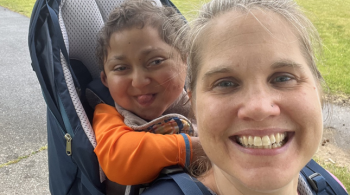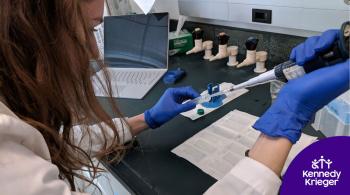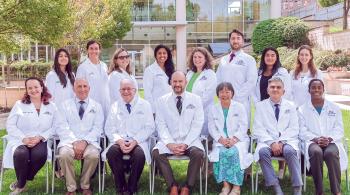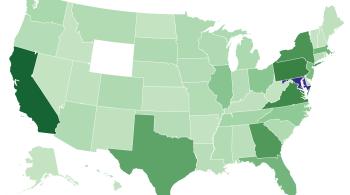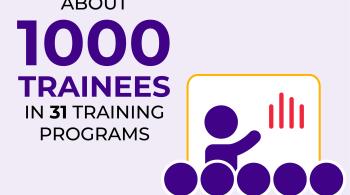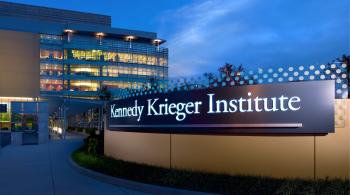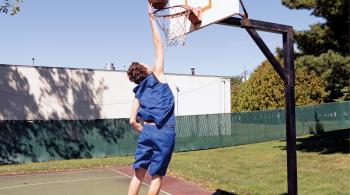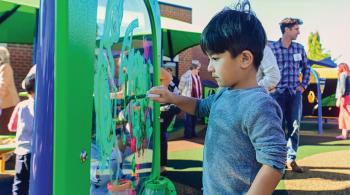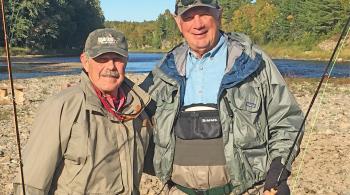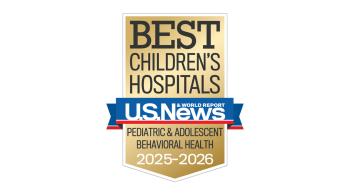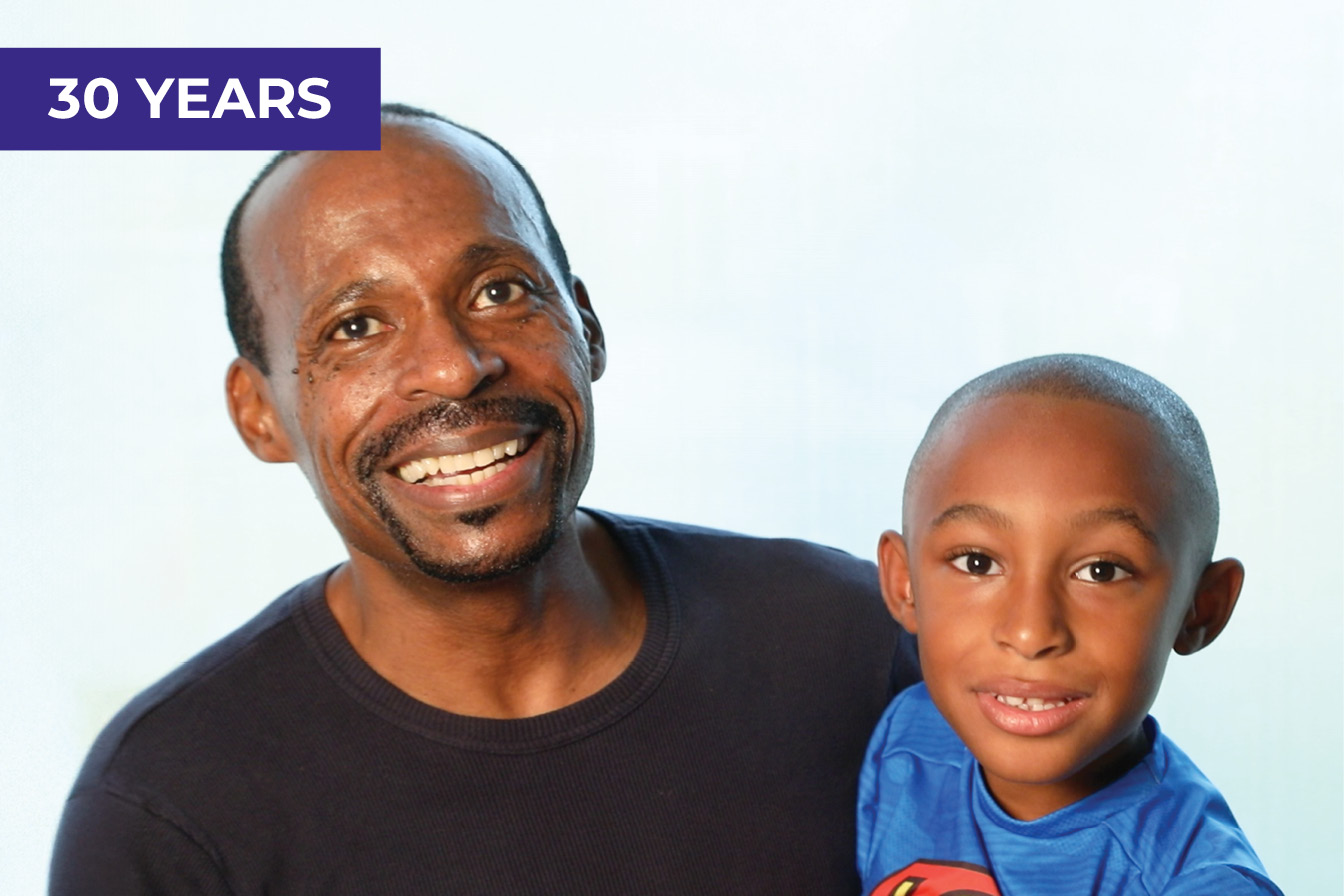
By Noah Baptiste
This year, the Center for Autism Services, Science and Innovation (CASSITM) at Kennedy Krieger Institute celebrates its 30th anniversary, a milestone made possible, in large part, through the dedication of its 250-plus staff members to serving autistic individuals and their families.
“Our team is always striving to learn—not just from science, but also from the families and communities we serve,” explains Dr. Ericka Wodka, the center’s clinical director.
One of the first autism centers in the country, CASSI is a multifaceted, interdisciplinary program serving children, families and professionals in the autism community. It combines evidence-based clinical services, research and training programs to enrich patients’ lives, empower parents and promote family well-being. Last year, CASSI served over 7,000 patients across its four locations, all in Central Maryland, and trained over 2,000 professionals on working with autistic children and teens. Its Annual Autism Conference drew over 400 attendees.
A true powerhouse of autism care, knowledge and outreach, CASSI started out small but scaled up quickly to become one of the foremost resources for autism—in Maryland and around the world.
“What really stands out to me is the tremendous innovation and growth we’ve had,” says Dr. Christine Hess, reflecting on her 20 years as a CASSI psychologist. “As the needs of our patients and families have changed and increased, we’ve responded by adding new locations and services to ensure we can meet those needs.”
Executive Director Dr. Rebecca Landa founded CASSI at a time when autism was primarily understood in terms of so-called deficits. In contrast, CASSI has always focused on recognizing the strengths of autistic individuals and addressing limitations in clinical services, training and research.
The extensive services we offer allow the children to get all the services they need in one place.” – Val Hagerty
In particular, the center’s Research and Education for All Children (REACH) program has made significant contributions to autism research. For example, the program’s findings have helped create new interventions, services and a series of video tutorials about detecting autism in young toddlers.
“The partnership between REACH and the clinic has been integral throughout CASSI’s development,” says Dr. Kelly Sheperd, a clinical psychologist at the center. “We are committed to disseminating our research findings and conducting informational training for people around the world on best practices for autism detection and treatment.”
When new patients arrive at the center, they are evaluated by experts who then guide them toward appropriate services. Among these is the Achievements program, which has been proven by research studies to be highly effective at helping children build communication, social interaction and learning skills in small-group therapy sessions.
“The extensive services we offer allow the children to get all the services they need in one place,” says Val Hagerty, the center’s assistant director of occupational therapy. “Few other programs offer diagnostic team evaluations or speech-based group interventions like Achievements.”
As a pioneer in autism research and science, CASSI is entering its next 30 years looking to develop new intervention options for autistic individuals and increase access and reduce barriers to care. At the same time, the center will continue to acknowledge and support the life experiences of members of the autism community in every facet of its work.

